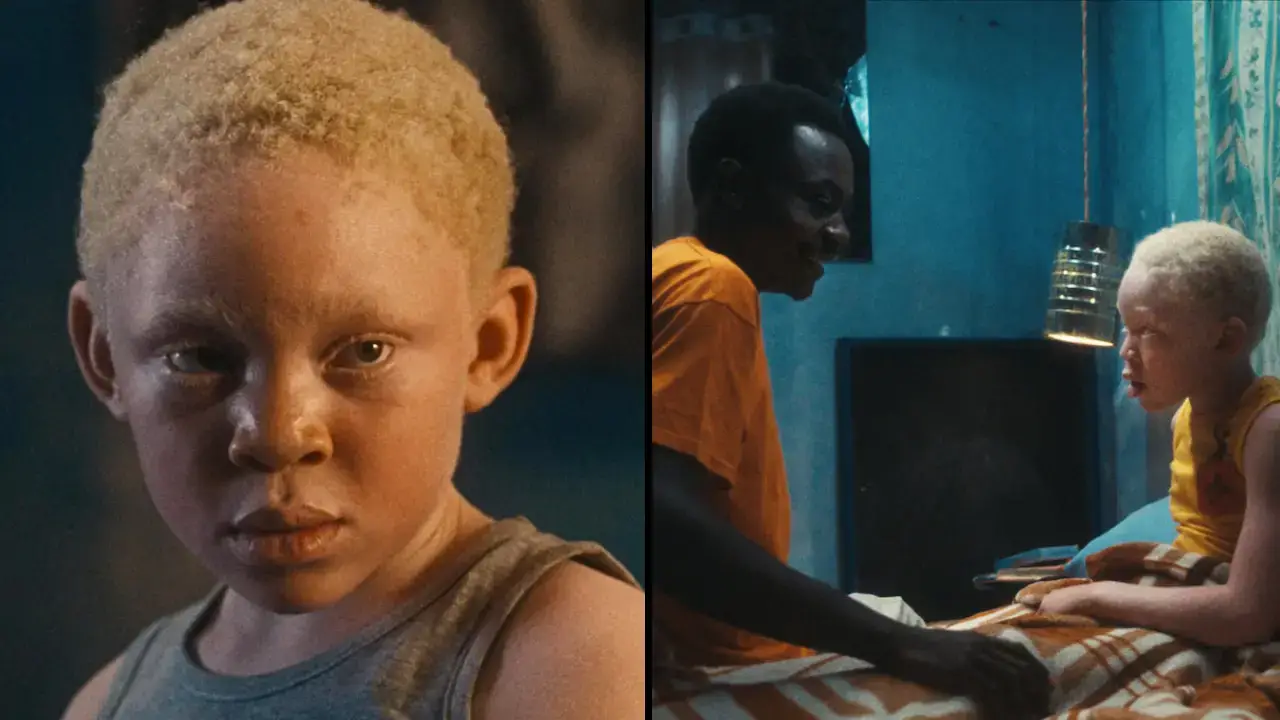
Credit: Netflix
Netflix Viewers Can’t Stop Crying After Watching ‘Saddest Film’ Ever
People are taking to social media and branding it ‘bittersweet’ and ‘beautiful’.
Related Article: Netflix Fans Urged To Watch ’10/10′ New Show Based On Tragic True Story
Related Article: Netflix’s New Incredibly Tense Thriller Has People Tearing Up And Unable To Breathe
One viewer shares: “Haven’t cried this much in a while, this was an amazing movie.”
A second adds: “The saddest film, but a real eye-opener too; it’s horrific that an innocent child can endure so much hatred. Broke my heart.”
“Will melt your heart, this little boy will. Beautiful movie,” comments another.
A fourth writes: “A bittersweet coming-of-age story that’s both heart-wrenching and hopeful.”
“Tugged all my heartstrings,” shares somebody else.
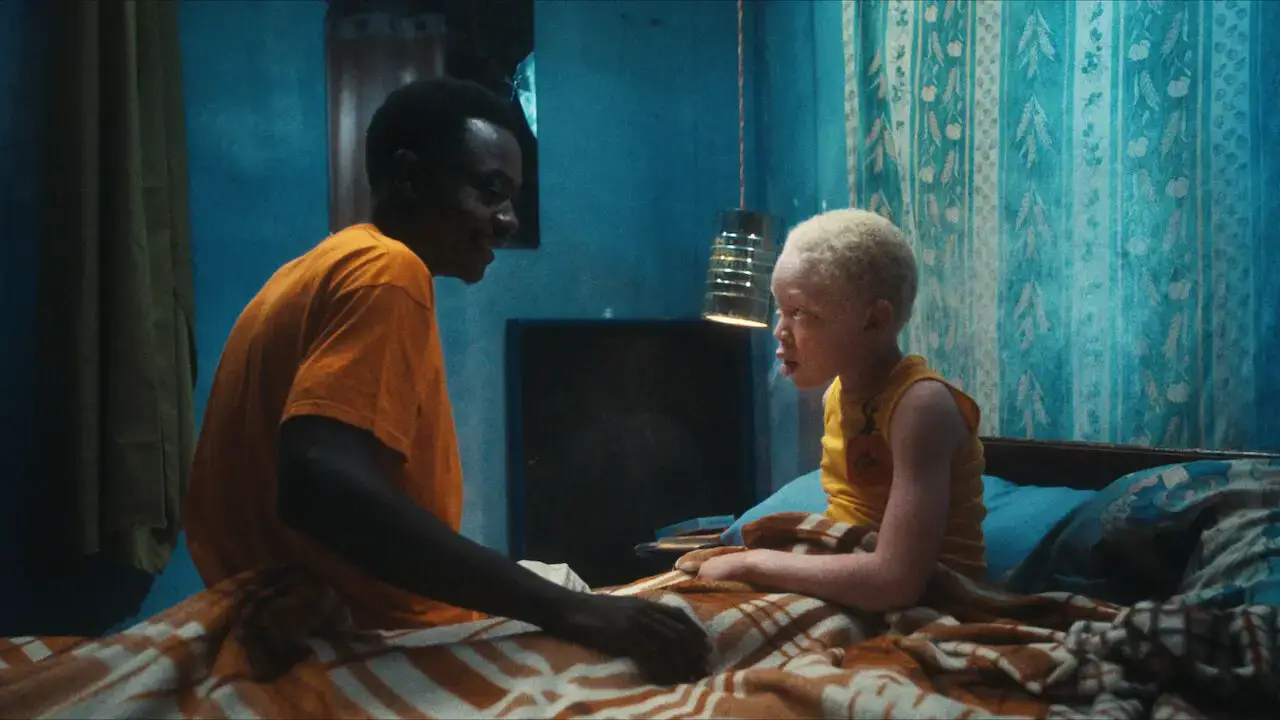
The 15-rated movie, directed by Kenny Mumba from Zambia and written by Andrew and Lawrence Thompson, introduces us to a young Zambian boy born with albinism (portrayed by Thabo Kaamba as a child and George Sikazwe as a young man).
Albinism is a genetically inherited condition commonly resulting in the lack of melanin in the hair, skin and eyes.
People with albinism are also sensitive to the sun and are at higher risk of getting skin cancer, as per Mayo Clinic.
Related Article: Netflix Viewers Say Movie Is Making Them Cry So Much They’re Almost Throwing Up
Related Article: Netflix Show Hailed As ‘The Most Important Series In History’
From the very beginning of the movie, the boy faces the harsh reality of rejection – even from his father.
As the narrative unfolds, viewers follow his path through a challenging childhood marked by bullying, tragedy, and a glimmer of cautious hope.
The film is loosely based on the life of John Chiti, a beloved Zambian singer-songwriter with albinism.
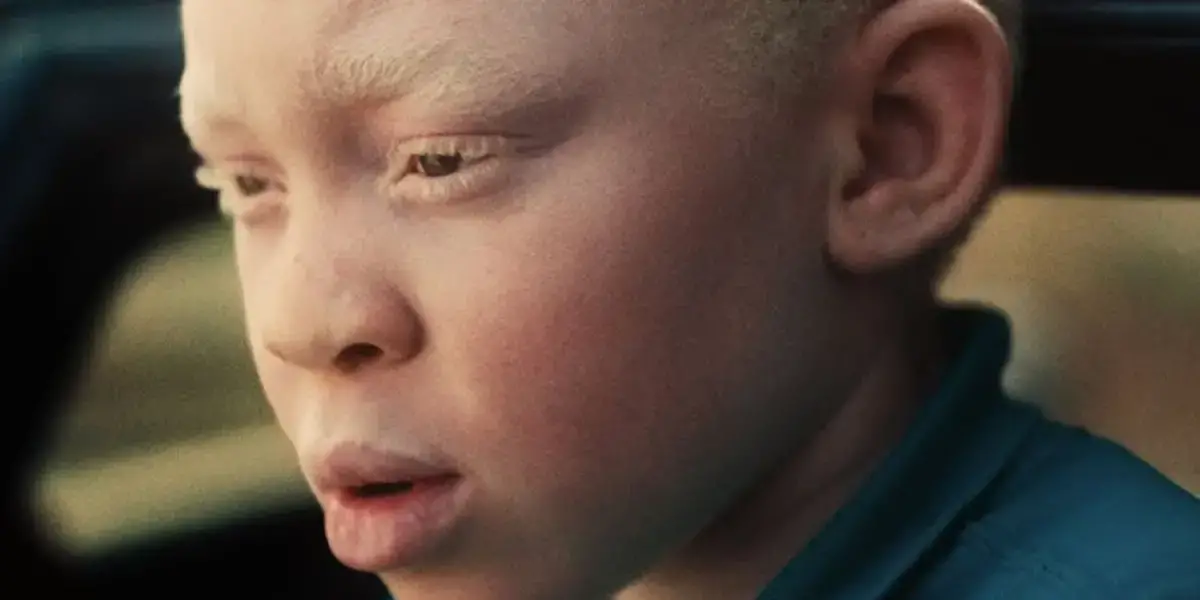
Chiti shared the painful memories of his early life in an interview with Thomas Reuters Foundation, recounting: “When I was born, my family was confused. They couldn’t believe that I belonged, and this led to the divorce of my parents.”
The musician founded the Albino Foundation of Zambia in 2008, aiming to raise awareness and promote acceptance.
“I used to blame myself for being a person with albinism. I grew up with low self-esteem because I thought I’m not human enough,” Chiti said.
“But it’s not us that have to change; it’s society that needs to change its attitudes towards us.”
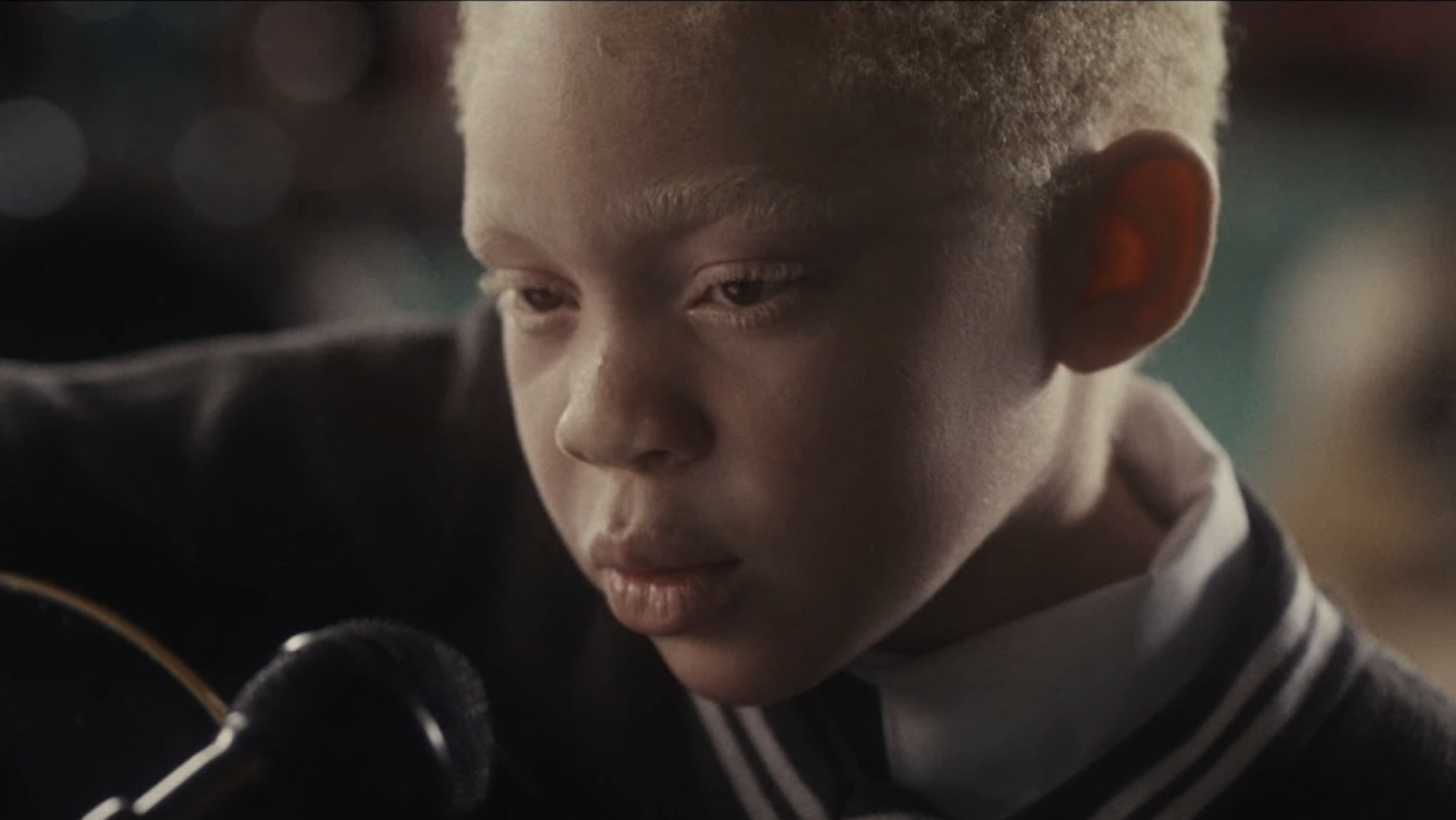
People with albinism continue to face multiple human rights challenges, including experiencing discrimination, stigmatism, and harmful practices relating to witchcraft accusations and ritual attacks, as per OHCHR.
Muluka-Anne Miti-Drummond, an Independent Expert on albinism, spoke at the Human Rights Council in Geneva about the issue.
“For many persons with albinism, this is what their day-to-day realities entail – experiences of ostracism, rejection and the debilitating fear of being abducted or attacked on their way to school, work or home,” she said, per OHCHR.
“All because of a condition that could be easily explained by science and genetics.”
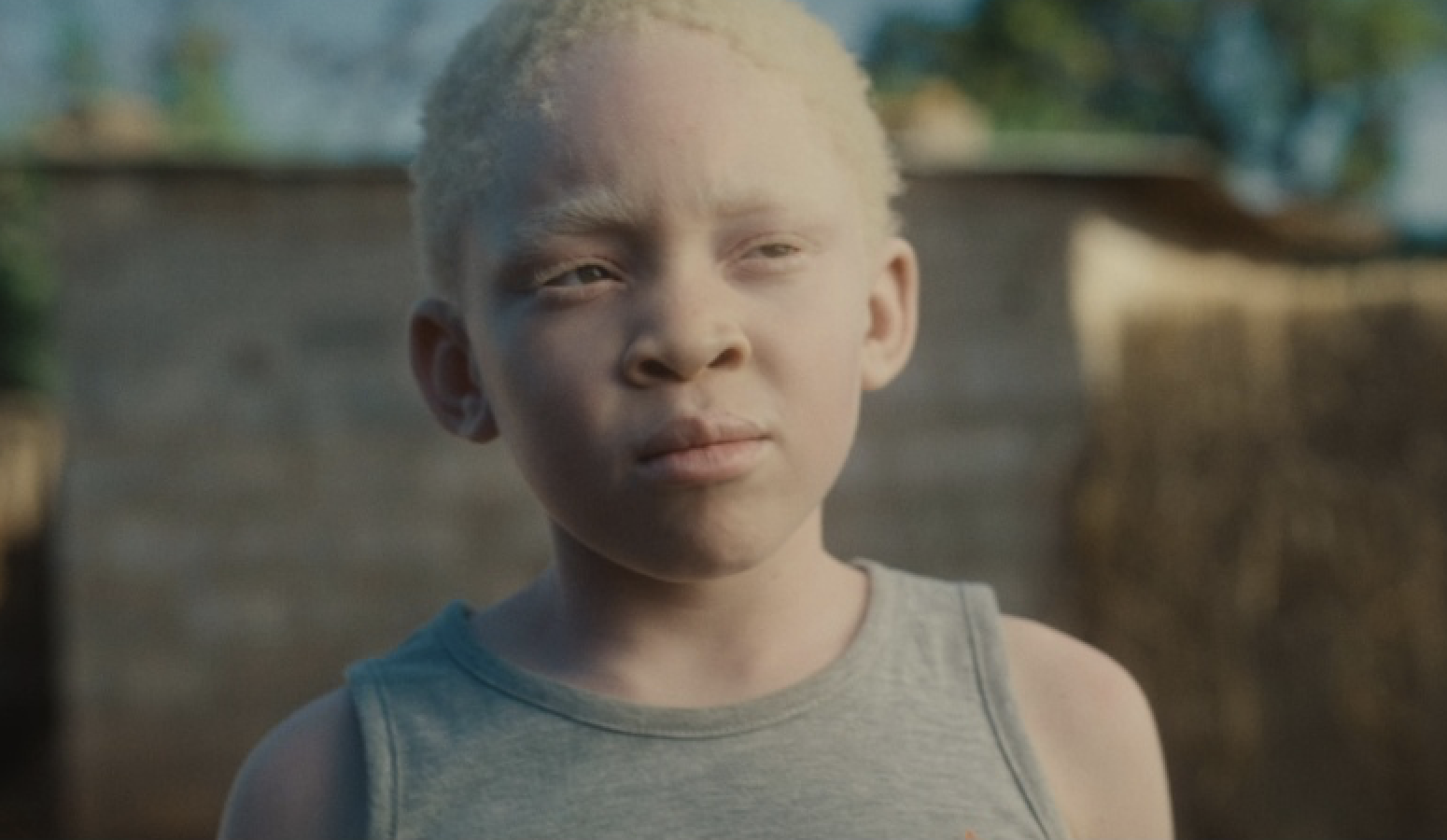
So the fact the movie in question, Can You See Us?, addresses such matters makes it such a powerful drama.
As one IMDb review puts it: “It brings people with albinism into the spotlight and highlights their current plight.
“The struggles which parents have to confront within their families and communities. With rejection, acceptance, love, discrimination, self-discovery, friendship, death, isolation, anger, fear and joy, this movie is worth watching.
“It may spark a conversation in your living rooms.”